
Flow: The Psychology of Optimal Experience
Twenty-Three Hundred years ago Aristotle concluded that, more than anything else, men and women seek happiness. While happiness itself is sought for its own sake, every other goal–health, beauty, money, or power–is valued only because we expect that it will make us happy. Much has changed since Aristotle’s time. Our understanding, of the worlds of stars and of atoms has expanded beyond belief. The gods of the Greeks were like helpless children compared to humankind today and the powers we now wield. And yet on this most important issue very little has changed in the intervening centuries. We do not understand what happiness is any better than Aristotle did, and as for learning how to attain that blessed condition, one could argue that we have made no progress at all.
Despite the fact that we are now healthier and grow to be older despite, the fact that even the least affluent among us are surrounded by material luxuries undreamed of even a few decades ago (there were few bathrooms in the palace of the Sun King, chairs were rare even in the richest medieval houses, and no Roman emperor could turn on a TV set when he was bored), and regardless of all the stupendous scientific knowledge we can summon at will, people often end upfeeling that their lives have been wasted, that instead of being filled with happiness their years were spent in anxiety and boredom.
Is this because it is the destiny of mankind to remain unfulfilled, each person always wanting more than he or she can have? Or is the pervasive malaise that often sours even our most precious moments the result of our seeking happiness in the wrong places? The intent of this book is to use some of the tools of modern psychology to explore this very ancient question: When do people feel most happy? If we can begin to find an answer to it, perhaps we shall eventually be able to order life so that happiness will play a larger part in it.
Twenty-five years before I began to write these lines, I made a discovery that took all the intervening time for me to realize I had made. To call it a “discovery” is perhaps misleading, for people have been aware of it since the dawn of time. Yet the word is appropriate, because even though my finding itself was well known, it had not been described or theoretically explained by the relevant branch of scholarship, which in this case happens to be psychology. So I spent the next quarter-century investigating this elusive phenomenon.
What I “discovered” was that happiness is not something that happens. It is not the result of good fortune or random chance. It is not something that money can buy or power command. It does not depend on outside events, but, rather, on how we interpret them. Happiness, in fact, is a condition that must be prepared for, cultivated, and defended privately by each person. People who learn to control inner experience will be able to determine the quality of their lives, which is as close as any of us can come to being happy.
Yet we cannot reach happiness by consciously searching for it. “Ask yourself whether you are happy,” said J. S. Mill, “and you cease to be so.” It is by being fully involved with every detall of our lives, whether good or bad, that we find happiness, not by trying to look for it directly. Viktor Frankl, the Austrian psychologist, summarized it beautifully in the preface to his book Man’s Search for Meaning:“Don’t aim at success–the more you aim at it and make it a target, the more you are going to miss it. For success, like happiness cannot be pursued; it must ensue … as the unintended side-effect of one’s personal dedication to a course greater than oneself.”
So how can we reach this elusive goal that cannot be attaitied bya direct route? My studies of the past quarter-century have convinced me that there is a way. It is a circuitous path that begins with achieving control, over the contents of our consciousness.
Our perceptions about our lives are the outcome of many forces that shape experience, each having an impact on whether we feel good or bad. Most of these:forces are outside our control. There is not much we can do about our looks, our temperament, or our constitution. We cannot decide–at least so far how tall we will grow, how smart we will get. We can choose neither parents nor time of birth, and it is not in your power to decide whether there will be a war or a depression. The instructions contained in our genes, the pull of gravity, the pollen in the air, the historical period into which we are born–these and innumerable other conditions determine what we see, how we feel, what we do. It is not surprising that we should believe that our fate isprimarily ordained by outside agencies.
Yet we have all experienced times when, instead of being buffered by anonymous forces,we do feel in control of our actions, masters of our own fate. On the rare occasions that it happens, we feel a sense of exhilaration, a deep sense of enjoyment that is long cherished and that becomes a landmark in memory for what life should be like.
This is what we mean by optimal experience.It is what the sailor holding a tight course feels when the wind whips through her hair, when theboat lunges through waves like a cblt–sails, hull, wind, and sea humming a harmony that vibrates in the sailor’s veins. It is what a painter feels when the colors on the canvas begin to set up a magnetic tension with each other, and a new thing, a living form, takes shape in front of the astonished creator.
Other Books From - Personal Development
About the author
[books_gallery_author author="Mihaly Csikszentmihalyi"]Back
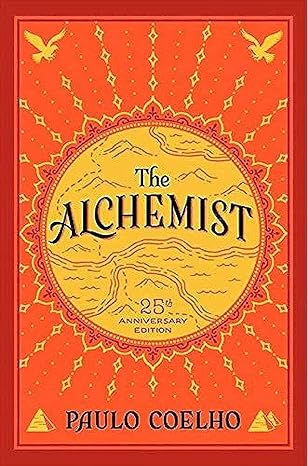 The Alchemist
The Alchemist 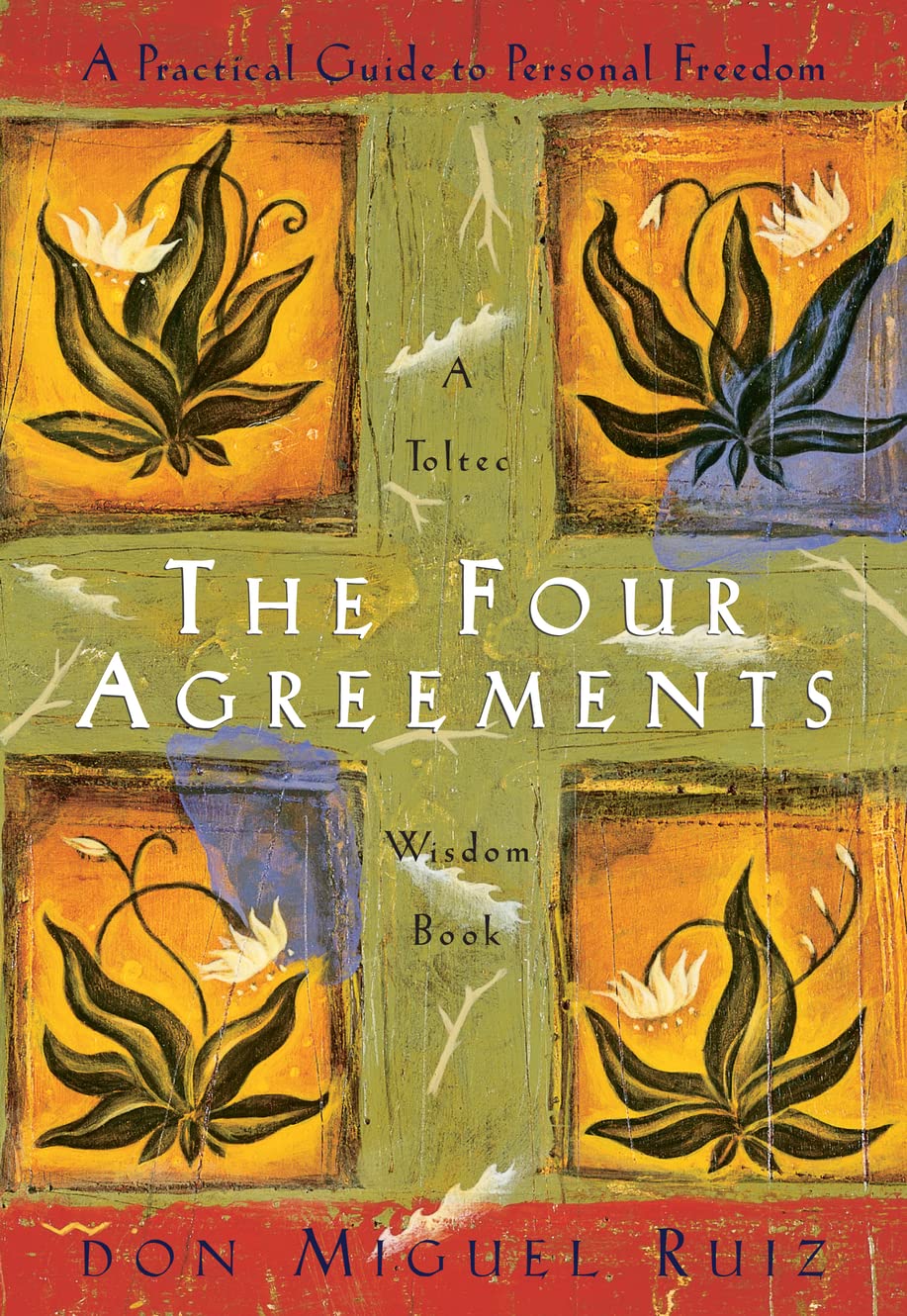 The Four Agreements
The Four Agreements 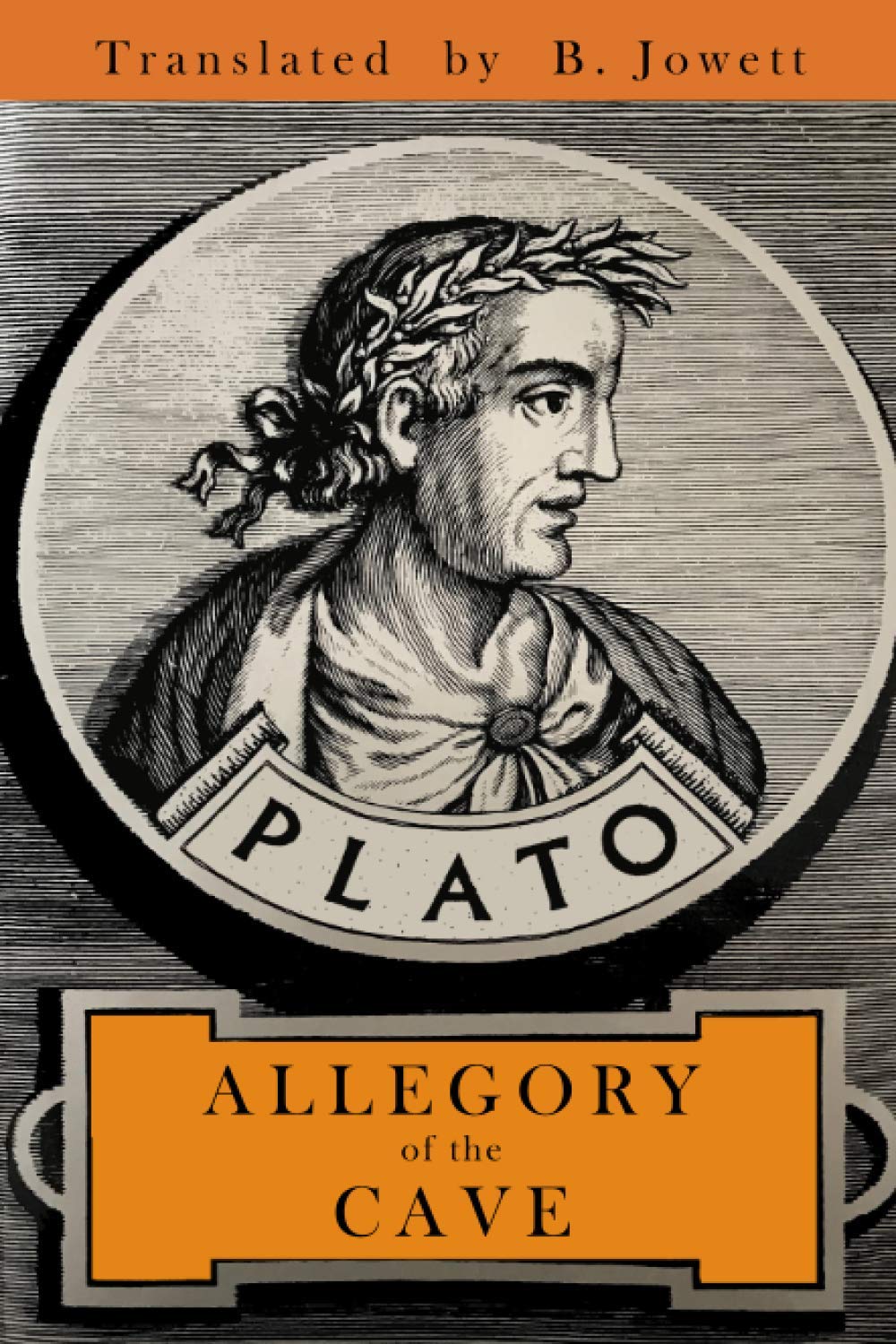 The Allegory of the Cave
The Allegory of the Cave 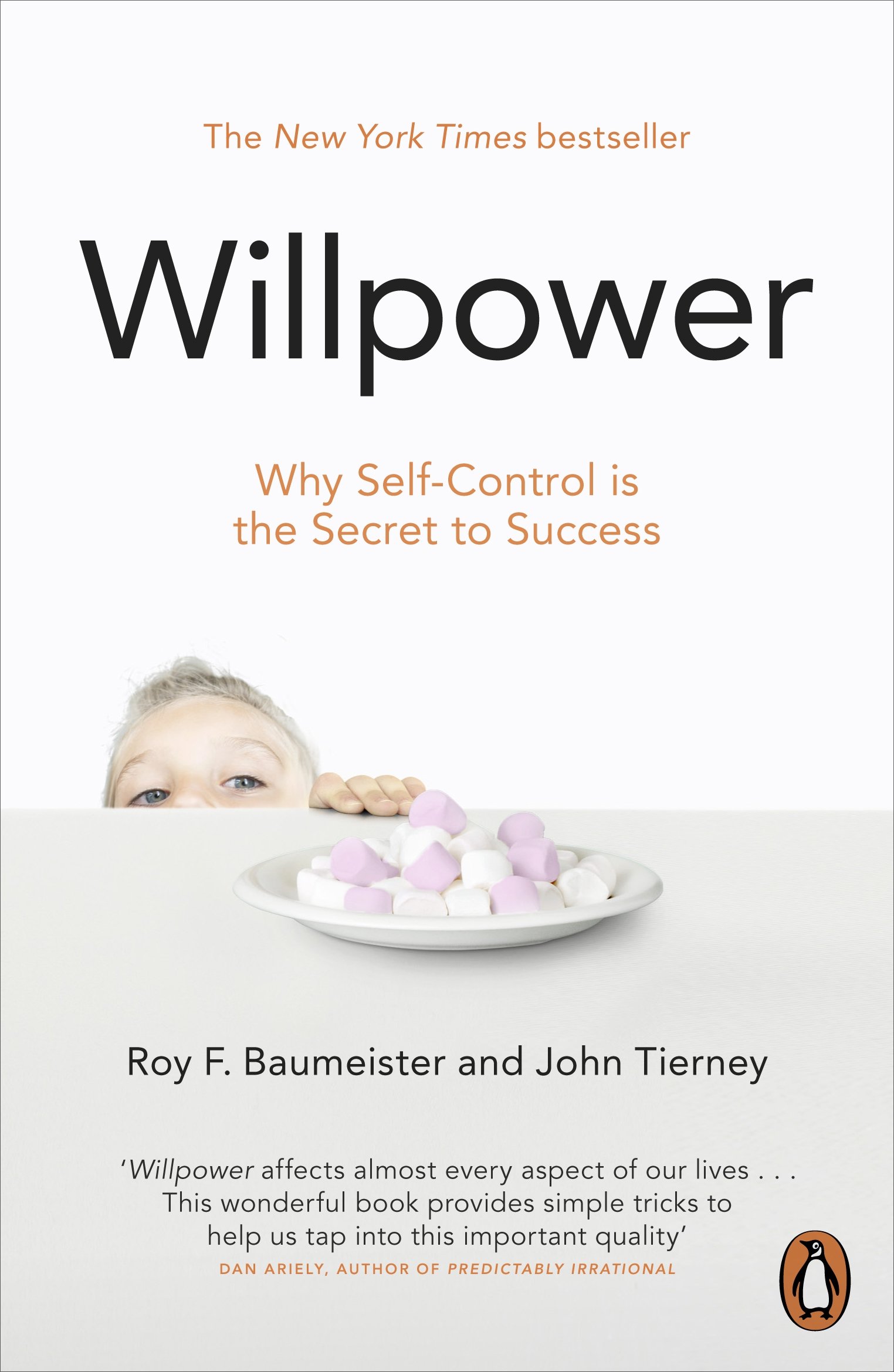 Willpower: Rediscovering Our Greatest Strength
Willpower: Rediscovering Our Greatest Strength 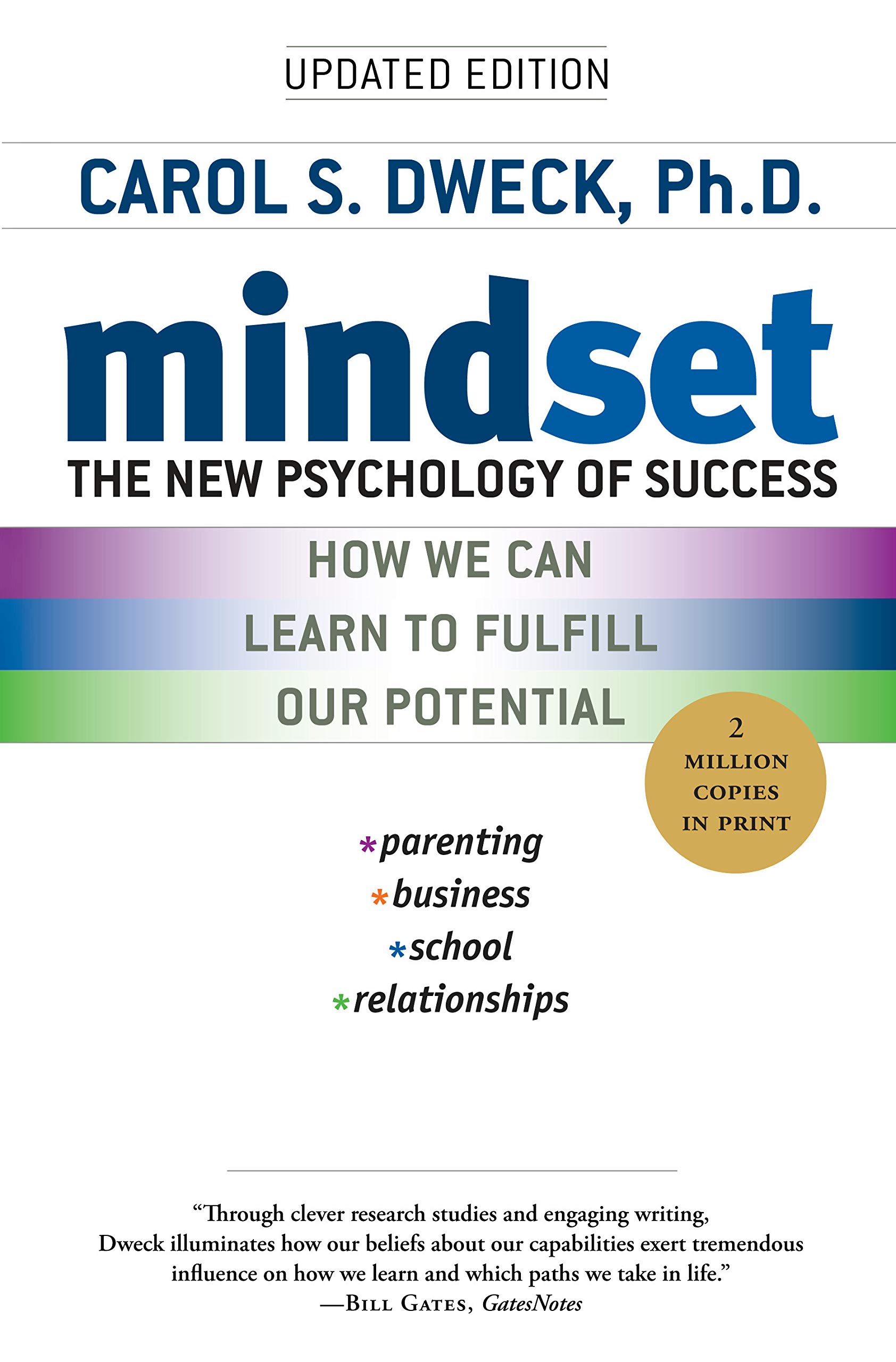 Mindset: The New Psychology of Success
Mindset: The New Psychology of Success 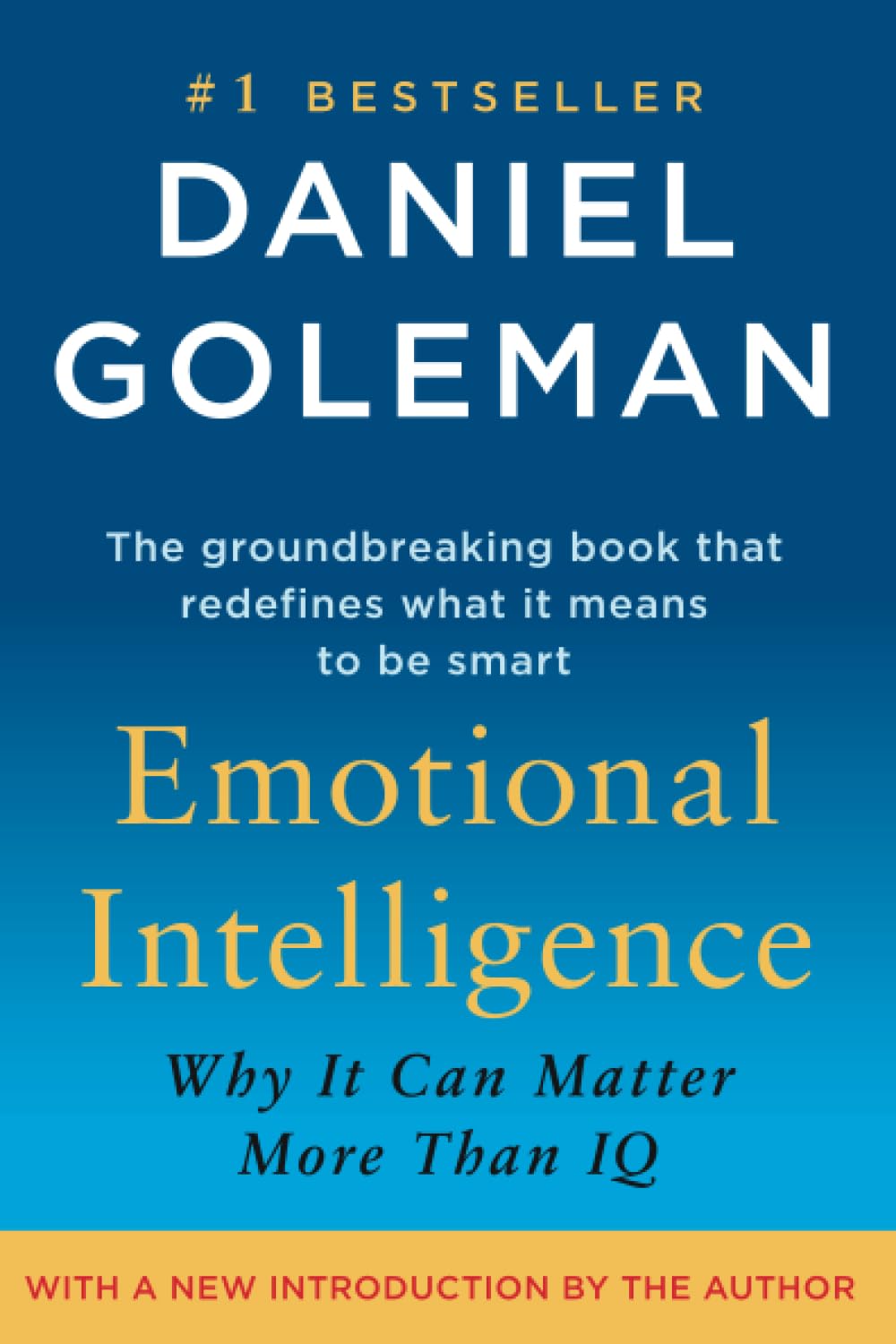 Emotional Intelligence: Why It Can Matter More Than IQ
Emotional Intelligence: Why It Can Matter More Than IQ 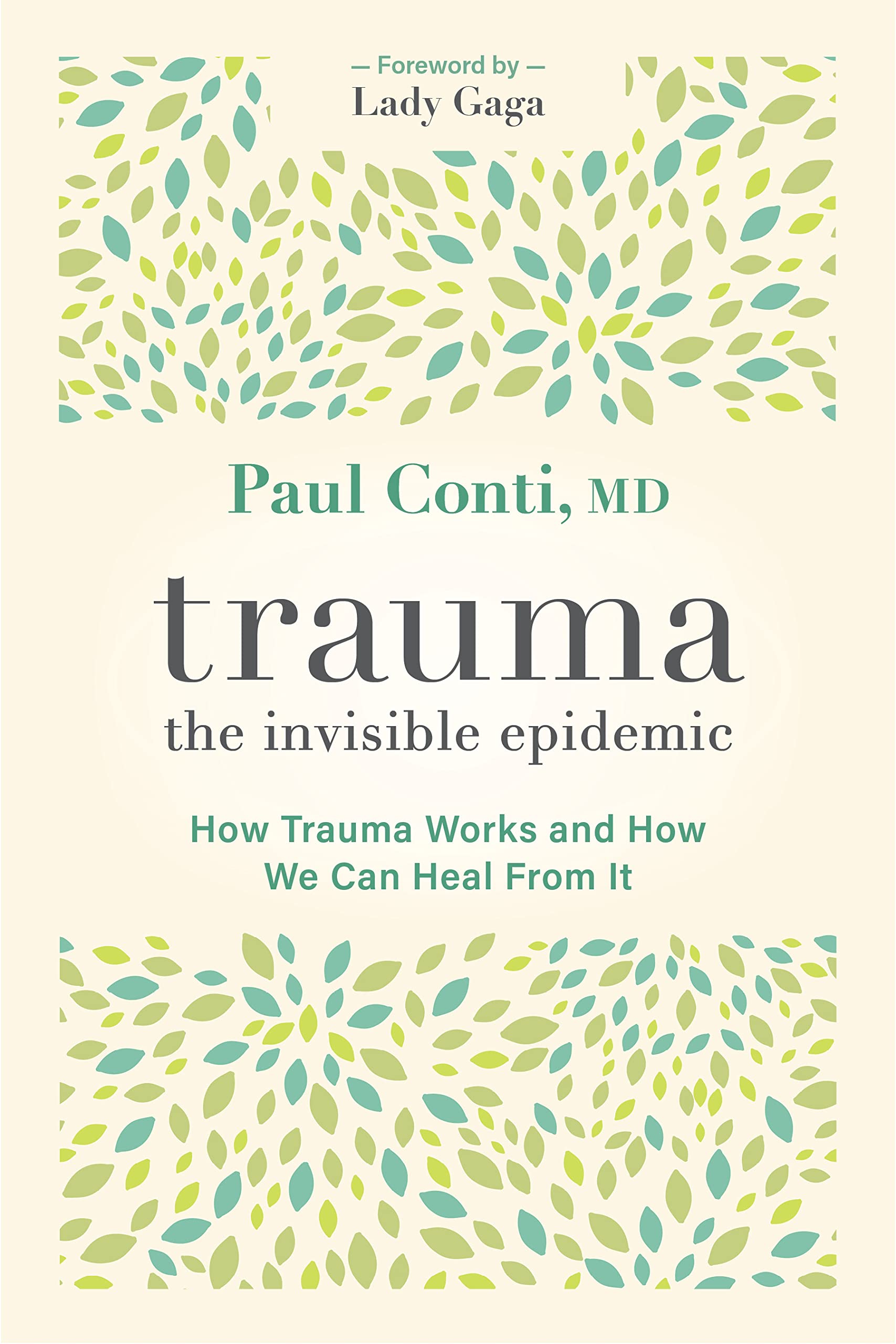 Trauma: The Invisible Epidemic
Trauma: The Invisible Epidemic 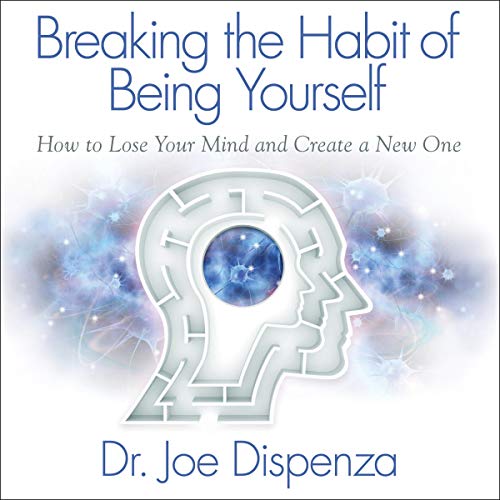 Breaking the Habit of Being Yourself
Breaking the Habit of Being Yourself 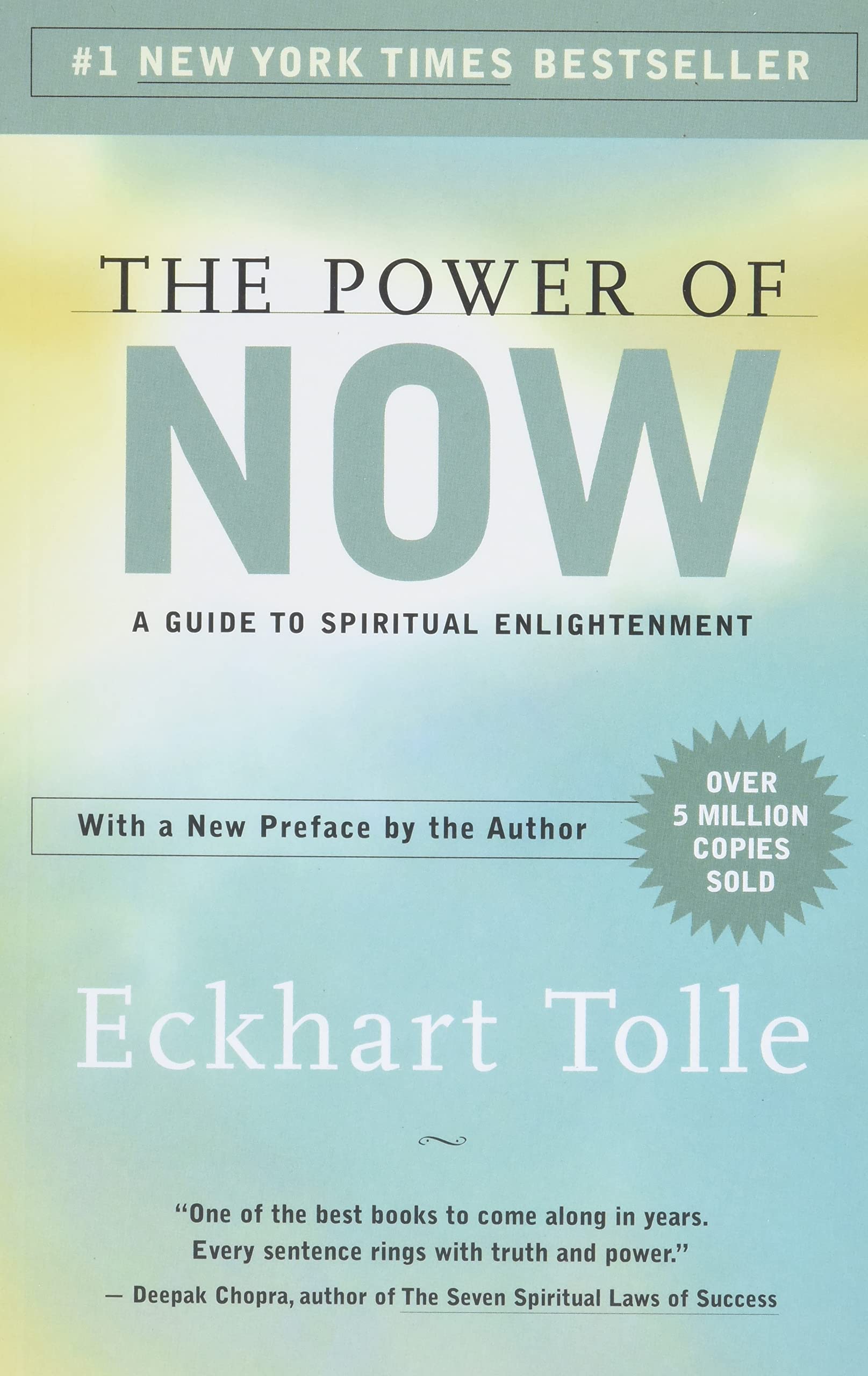 The Power of Now
The Power of Now 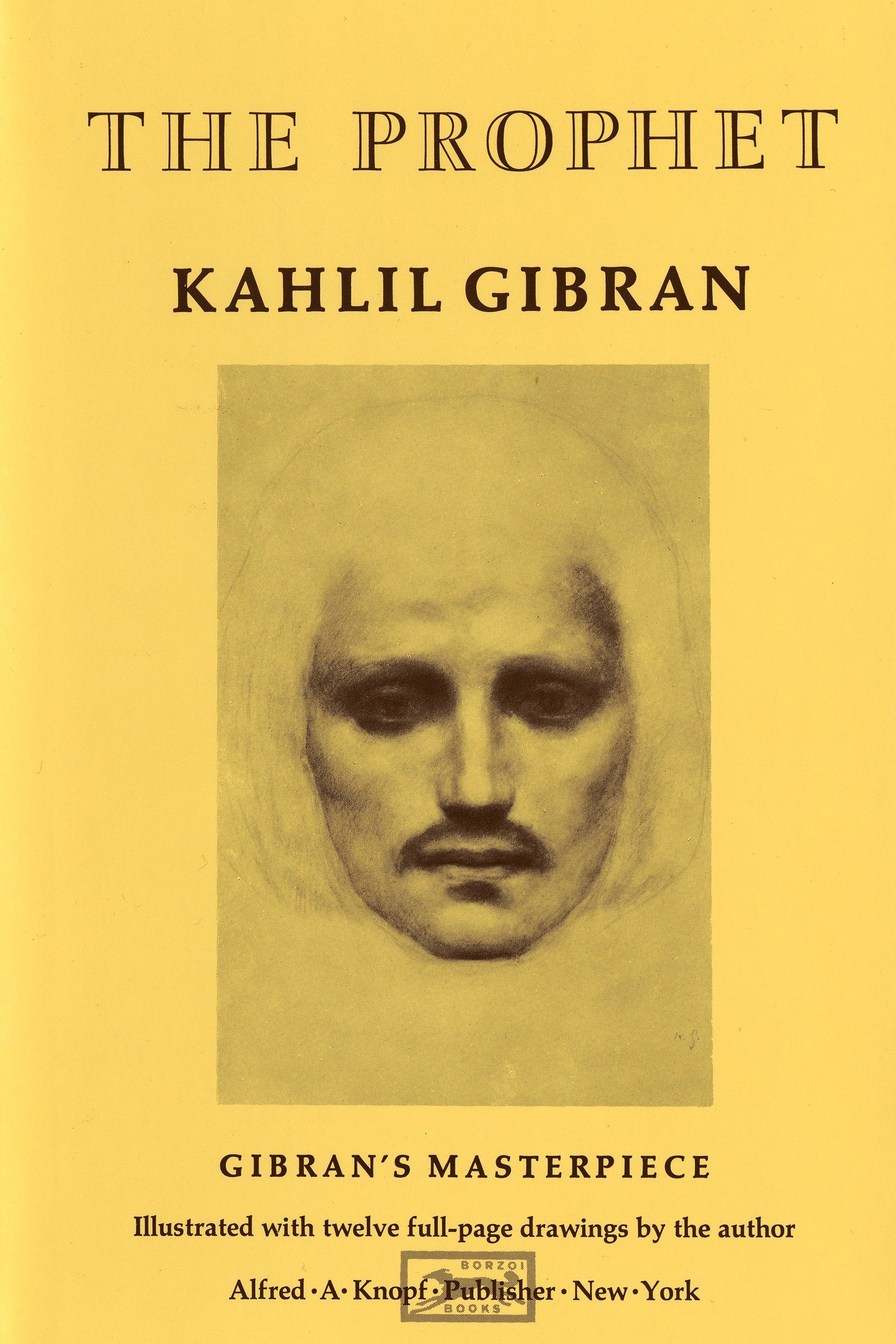 The Prophet
The Prophet